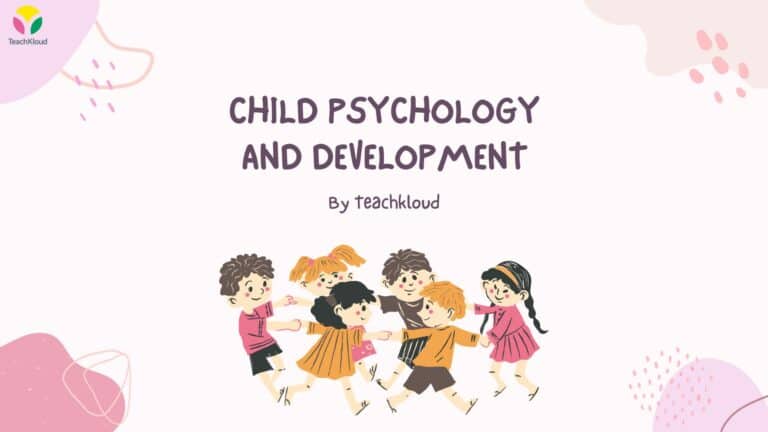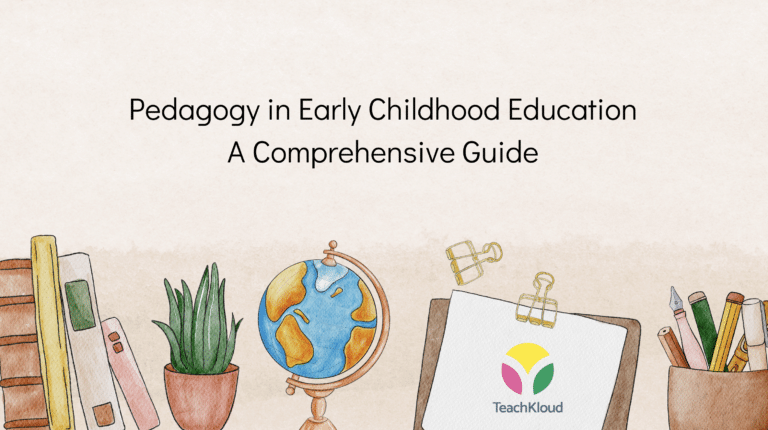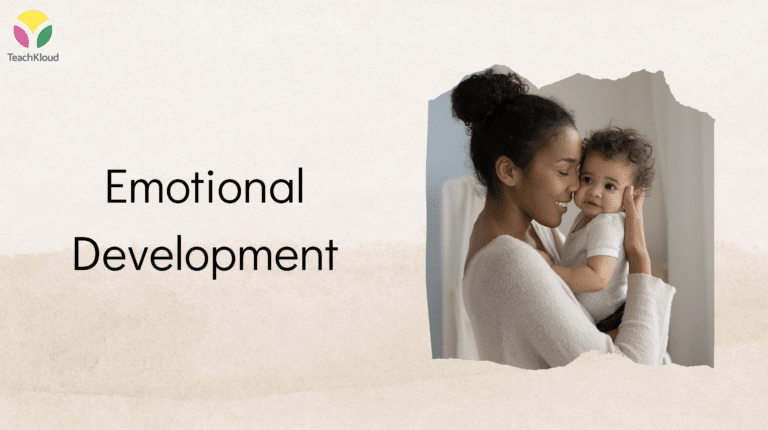If you don’t fight for yourself no one else will! Why unionisation?
“There is a very simple reason for the continued rise in trade union membership — people in unions are better off. They are better off financially by virtue of enjoying better rates of pay. This fact was most recently confirmed by the CSO’s National Employment Survey (2006), which shows unionised workers consistently enjoy higher pay than those in non-union workplaces” (ICTU, 2017).
In the wake of the Affordable Childcare Scheme resulting in:
- Just under half of providers refusing to participate
- Media reports seemingly siding with the scheme
- Few reporting on the increase of legislation, paperwork, initiatives, rates and costs of quality provision
- Uproar and outcry in the sector
Some organisations are calling this a crisis in the ECEC sector and a time for change! It seems that if early childhood practitioners do not advocate for themselves, nobody else will. The words union and unionisation may be met with hostility as they carry such a negative connotation. However, unions can be important for teachers, especially those who work in preschools where government investment is abysmal. Unions fight may often be in a position to fight for the rights of educators who only want to be able to mould young minds.
There are still many understandable reasons why you may not want to join a union. If you are a concerned parent, or a young teacher who is still very unsure about unions, here are key reasons why preschool teachers should belong to a union.

1. Unions will represent teachers: majority of schools have their board meeting on a week night once a week. More often than not, teachers will not be able to attend due to their workload or other after school activities that they have commitments to. This is where a union comes into play. A representative from the union will attend this meeting on the teachers behalf and will then report back to its members once the meeting has finished. Another way that unions represent teachers is when politics need to be dealt with. This is often to ask for extra funding, resources and increased support.
2. Collective voice: Unions will fight for a fair salary, comprehensive healthcare benefits as well as increases that are on par with inflation. It is not guaranteed that they will get exactly what they ask for. However, there are strengths in numbers. A collective voice is more likely to secure fair wages, conditions and get attention than an individual.
3. A union can help in protecting a preschool teacher’s job: in the past, teachers were often scared to voice their opinions about issues that they felt were unethical, or unfair in fear of losing their jobs, upsetting parents or going against large governmental agencies. Now that there are unions that they can belong to, they can stand up for their beliefs, without the threat of being negatively impacted. Teachers unions will support their members and will represent them should they be treated unfairly.
4. A union supports a teacher’s right to continuous learning and development: as a teacher, you need to be up to date with your knowledge and skills. Many unions present opportunities for teachers to do just that; they offer general courses, mentorship and leadership training as well as host large conferences that educators can attend. There are also often online courses or short workshops that are at the teacher’s disposal so as to better themselves.
5. Safety of Employees: A union contract gives employees the immediate right to address an unsafe condition. There’s no comparison. Union facilities are far safer (Source).
As you can see, if a union is ethical and above the board, it may be beneficial for a preschool teacher to join one. They can help in protecting your job, health and safety in the work place, liaise with governmental organisations and much more! #Share4Change





